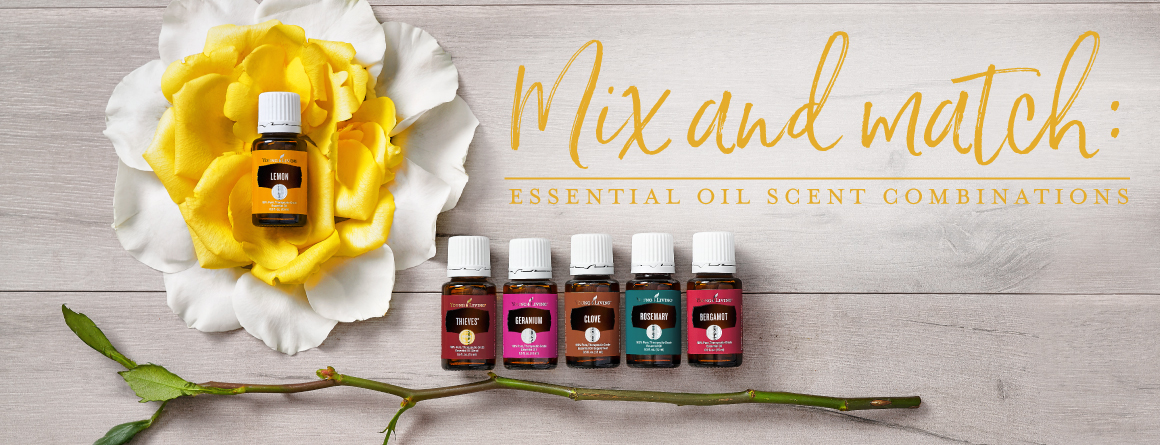The Science Of Aromatherapy: Analyzing Its Healing Quality
The Science Of Aromatherapy: Analyzing Its Healing Quality
Blog Article
Composed By-Rivers Choate
When it involves aromatherapy, understanding the scientific research behind crucial oils can boost your wellness regimen. These oils contain distinct chemical substances that connect with your body, potentially using different advantages. From minimizing anxiety to enhancing state of mind, the impacts are based in research study. However exactly how do these compounds function, and which oils should you think about for specific needs? Discovering these inquiries can lead you to an extra enlightened approach to your wellness.
The Chemistry of Essential Oils and Their Effects on the Body
When you discover the chemistry of necessary oils, you'll find how their special compounds communicate with your body to advertise recovery.
Each oil consists of various chemical constituents like terpenes, esters, and phenols, which can influence your body in different means. For example, terpenes offer anti-inflammatory benefits, while esters can help soothe and relax you.
When you inhale these oils or use them topically, they're taken in right into your blood stream, where they can target certain disorders. This communication promotes your body's all-natural healing procedures, boosting your total health.
Understanding these chemical homes equips you to choose the right oils for your requirements, whether you're aiming to alleviate discomfort, boost resistance, or improve skin wellness.
The scientific research of vital oils is truly fascinating!
The Role of Aromatherapy in Mental Health and Emotional Health
Aromatherapy has actually acquired acknowledgment for its profound influence on psychological wellness and emotional well-being, as it can successfully lower stress and anxiety and stress and anxiety degrees.
When you inhale the relaxing scents of necessary oils, like lavender or chamomile, they can trigger favorable psychological actions in your mind. This practice invites a feeling of calmness and promotes leisure, making it much easier to cope with day-to-day challenges.
You may discover that integrating aromatherapy right into your routine aids lift your mood and enhances your total psychological durability.
Whether you make use of a diffuser, include oils to a bathroom, or use them topically, the ideal fragrances can create a calming atmosphere, permitting you to reconnect with yourself and cultivate a feeling of tranquility amidst life's turmoil.
Scientific Research Supporting the Conveniences of Aromatherapy
While many individuals have actually long cherished aromatherapy for its soothing results, clinical research study significantly confirms its benefits. check this link right here now reveal that crucial oils like lavender can decrease anxiety and enhance sleep quality.
For https://www.bobvila.com/articles/best-carpet-deodorizer/ , a 2015 research study highlighted lavender's possibility to reduced cortisol degrees, promoting leisure. Furthermore, the fragrance of citrus oils has actually been linked to enhanced mood and reduced anxiety.
Research study also suggests that breathing in particular essential oils might enhance cognitive feature and emphasis. By incorporating aromatherapy into your regimen, you might experience these positive results firsthand.
Whether you're diffusing oils or using them in massage, the proof sustains the concept that aromatherapy can play a considerable function in boosting your overall health.
Verdict
Including aromatherapy into your wellness routine can be a powerful device for boosting your mental and psychological wellness. By comprehending the one-of-a-kind chemical compounds in vital oils, you can make educated choices that straighten with your demands. Whether you're wanting to lower stress and anxiety, boost your mood, or improve cognitive feature, the advantages of aromatherapy are sustained by scientific study. Embrace these all-natural healing buildings, and experience the favorable impact they can have on your general well-being.
